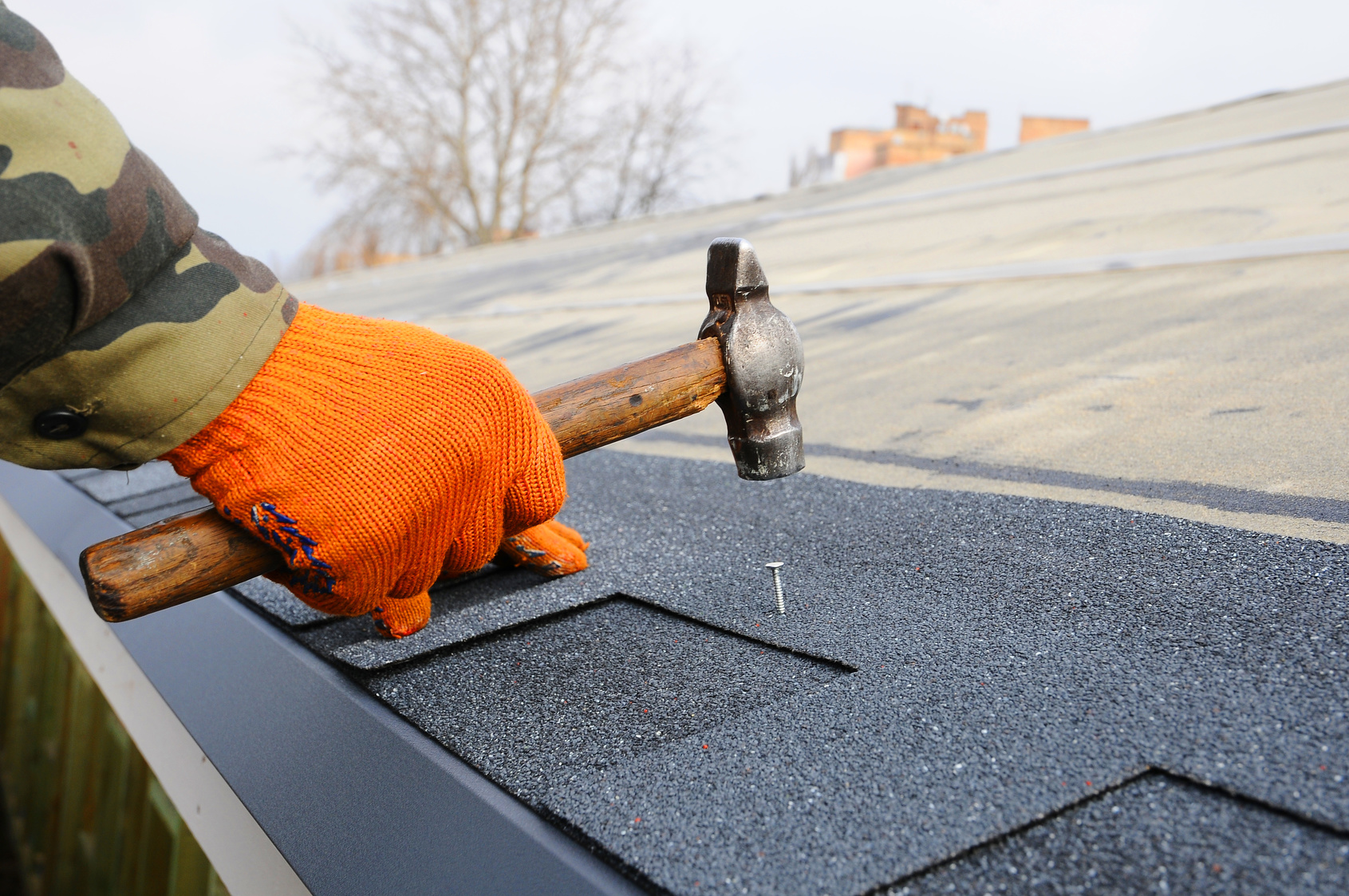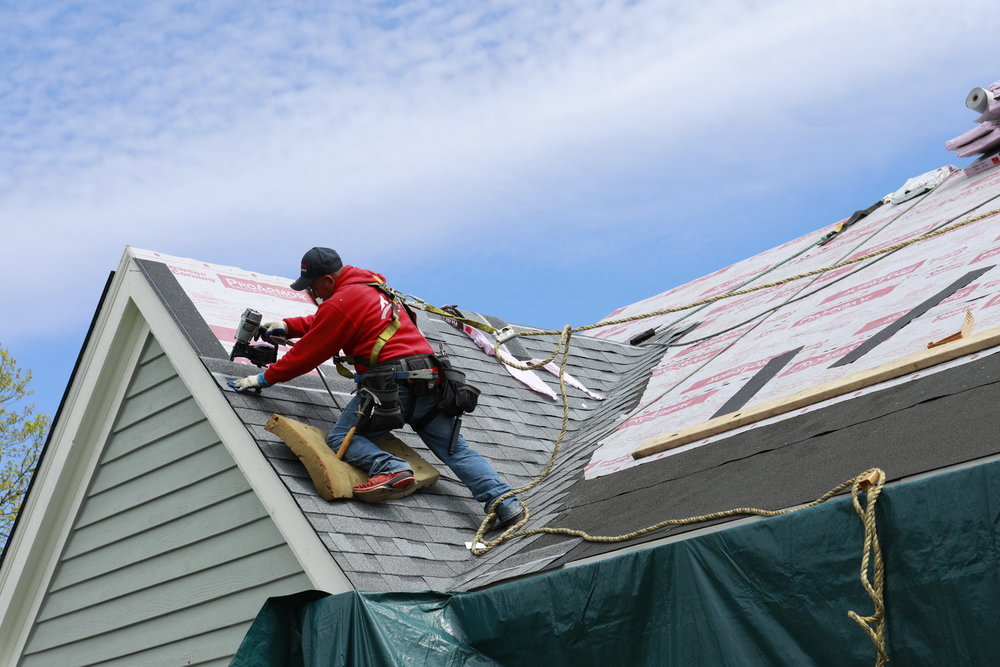The Ultimate Guide to Roofing in Boise, Idaho: What Homeowners Need to Know

When it comes to maintaining your home, one of the most crucial aspects to focus on is the roof. Whether you are building a new home, renovating, or simply replacing an old roof, understanding the nuances of roofing in Boise, Idaho, is essential for homeowners. The region’s unique climate, the variety of roofing materials available, and the need for reliable, experienced contractors all play a role in making informed decisions about your roof. In this ultimate guide, we will explore everything you need to know about roofing in Boise, Idaho.
Understanding the Climate and Its Impact on Your Roof
Boise, Idaho, experiences a semi-arid climate, which means hot summers and cold winters with significant temperature fluctuations. These weather extremes can have a significant impact on the lifespan and performance of your roof. In summer, intense sunlight and heat can lead to the deterioration of roofing materials, while in winter, snow, ice, and freezing temperatures can cause expansion and contraction, leading to cracks and leaks if not properly maintained.
Additionally, Boise’s high winds and occasional hail storms can damage roofing materials, especially shingles and tiles. When choosing a roofing system for your Boise home, it’s essential to select materials that can withstand these elements and provide durability over time.

Popular Roofing Materials for Homes in Boise
The roofing market in Boise offers a variety of materials suited to the region’s specific climate and homeowner preferences. Here are some of the most popular roofing materials in Boise:
Asphalt Shingles: Asphalt shingles are a popular choice for homeowners in Boise due to their affordability, ease of installation, and relatively long lifespan. They are designed to withstand moderate weather conditions and are available in a range of colors and styles, making them a versatile option for various architectural designs.
Metal Roofing: Given Boise’s climate, metal roofing is an excellent choice for homeowners seeking durability and energy efficiency. Metal roofs can withstand extreme weather, including snow, hail, and wind. Moreover, they reflect solar heat, which can help keep your home cooler during the summer months. Metal roofing is available in various materials, including steel, aluminum, and copper.
Tile Roofing: For a more aesthetic appeal, tile roofing is a favorite among homeowners in Boise who want a Mediterranean or Spanish-style look for their homes. While tile roofs are durable and energy-efficient, they can be heavier than other materials and may require additional structural support.
Wood Shingles and Shakes: Wood roofing materials offer a natural look and are known for their insulation properties. However, they require more maintenance than asphalt or metal roofing. Wood shingles and shakes are also more vulnerable to fire and insect damage, so they may not be ideal in areas prone to wildfires.
Roofing Installation and Maintenance in Boise
When installing a roof in Boise, it is essential to work with a reputable roofing contractor who understands the local climate and building codes. Proper installation is the foundation of a long-lasting roof, and any mistakes during installation can lead to costly repairs down the line. Experienced contractors will ensure that your roof is securely fastened, waterproofed, and properly ventilated to prevent moisture buildup and leaks.
Regular roof maintenance is also critical for ensuring the longevity of your roofing system. In Boise, where the weather can be unpredictable, it is essential to inspect your roof at least once or twice a year. Maintenance tasks include cleaning gutters, checking for signs of wear or damage, replacing missing shingles, and ensuring that flashing and seals are intact. It’s also important to clear debris from the roof and ensure proper ventilation to prevent heat buildup and ice dams during the winter months.
Choosing a Roofing Contractor in Boise
Selecting the right roofing contractor is crucial to ensuring your project is completed successfully. When choosing a roofer in Boise, consider their experience, reputation, and licensing. It’s essential to work with a contractor who is fully licensed, insured, and bonded to protect yourself from any liability in case of accidents or property damage during the roofing project.
Be sure to request multiple quotes and compare services and prices. A reputable contractor will provide a clear, detailed estimate that includes all materials and labor costs. Additionally, reading customer reviews and asking for references from past clients can help you gauge the quality of the contractor’s work.
Common Roofing Problems in Boise and How to Address Them
Several roofing problems may arise in Boise, especially due to the region’s varied weather conditions. These issues, if left unaddressed, can lead to significant damage to your home. Some of the most common roofing problems in Boise include:
Leaks: Roof leaks can occur from damaged shingles, cracked flashing, or improperly sealed vents. Leaks are a serious issue as they can cause water damage to the interior of your home. If you notice water stains or mold growth on your ceiling or walls, it’s time to call a professional to assess the situation.
Hail Damage: Boise occasionally experiences hailstorms that can damage roofing materials, especially asphalt shingles. If you suspect your roof has been damaged by hail, it’s essential to get an inspection to identify the extent of the damage and determine whether a roof replacement is necessary.
Ice Dams: During Boise’s cold winters, ice dams can form at the edge of your roof, preventing melting snow from draining properly. This can lead to water backup, which can seep under shingles and cause leaks. Proper attic insulation and ventilation can help prevent ice dams from forming.

Roof Replacement vs. Repair: Which Option Is Right for You?
At some point, you may need to decide whether to repair or replace your roof. The choice depends on several factors, including the age of your roof, the extent of the damage, and your budget. If your roof is relatively new and has only minor damage, a repair may suffice. However, if your roof is older or has widespread damage, a full replacement may be necessary to ensure the safety and protection of your home.
Consulting with a professional roofer can help you make an informed decision. They will assess your roof’s condition and provide expert advice on the most cost-effective and practical solution for your needs.